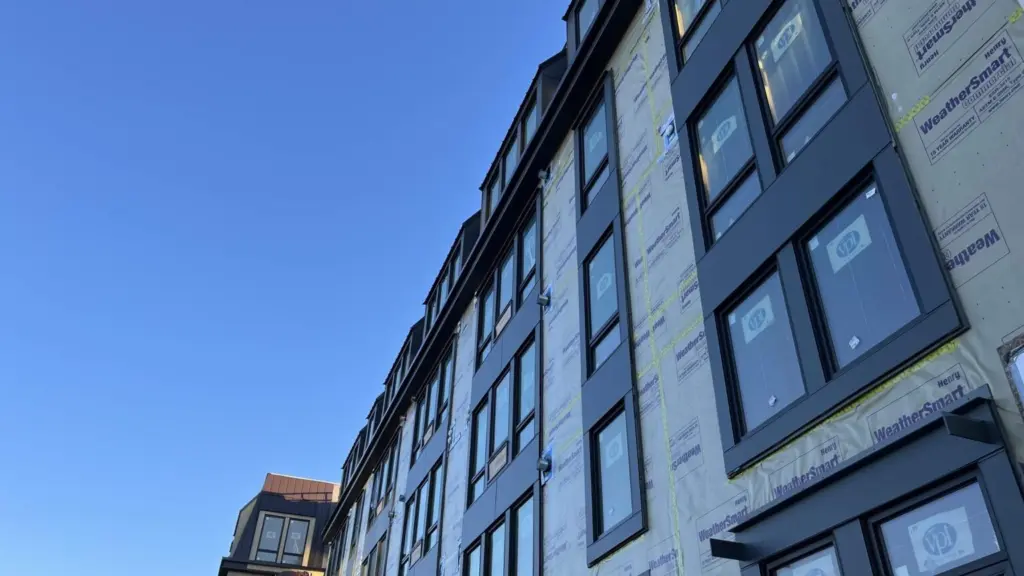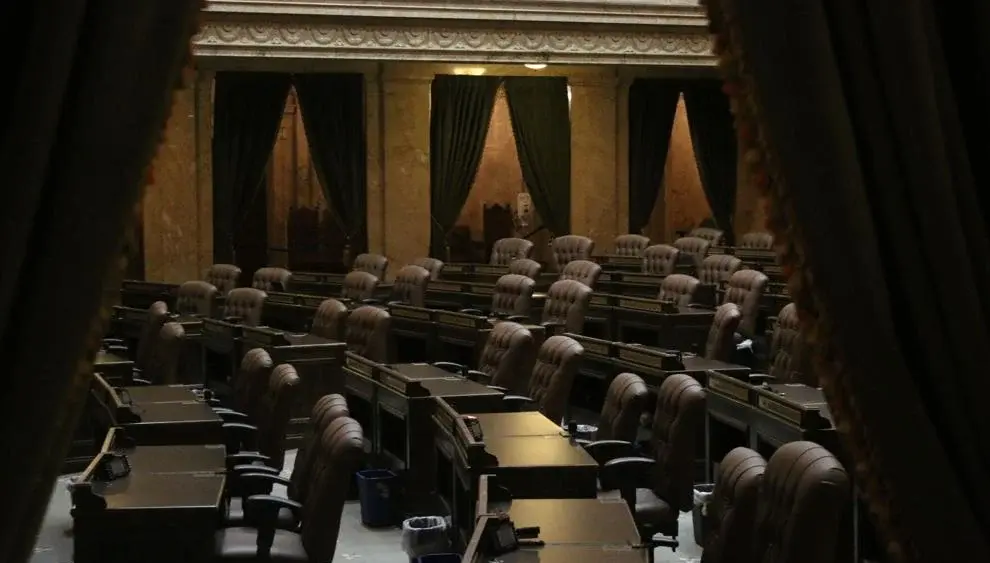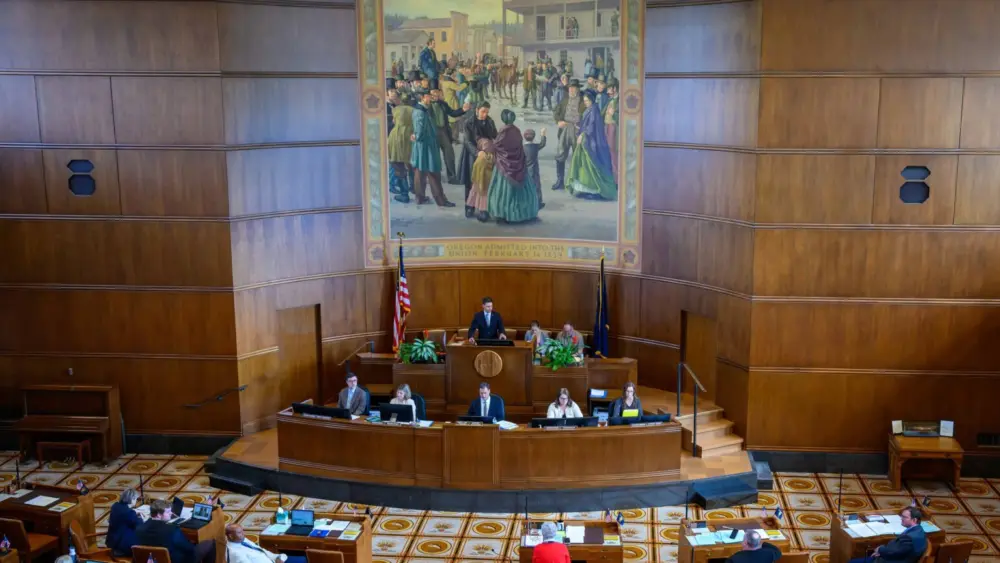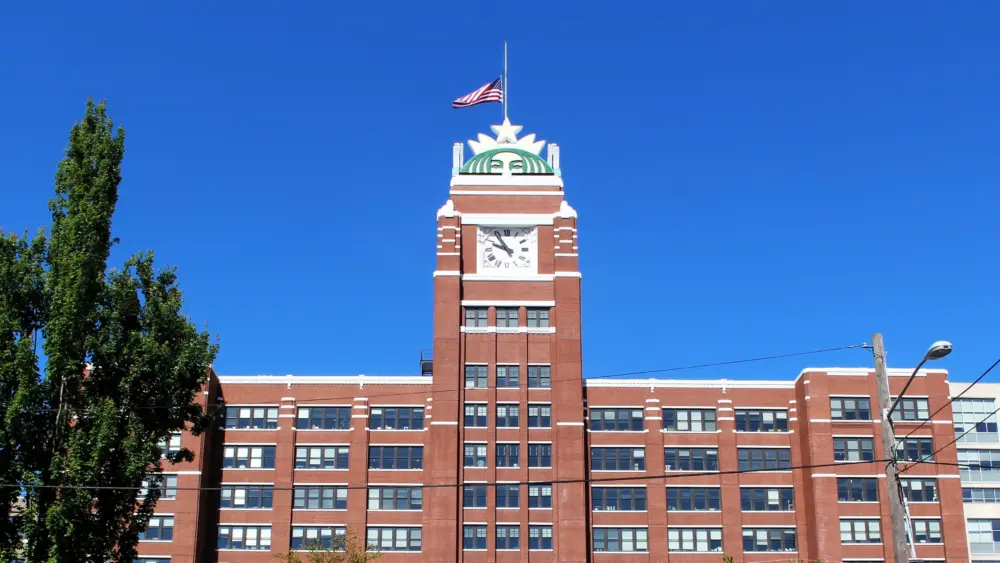BELLEVUE, WA — Permanent supportive housing, eviction workarounds and financing for rural homes are among the topics Washington lawmakers could discuss next year to alleviate the state’s affordable housing shortfall.
But also looming are dramatic federal funding cuts to a housing program that could leave thousands of people homeless nationwide, as reported by Politico this week. The Trump administration reportedly wants to slash money for permanent housing by more than $2 billion and put those dollars toward transitional housing assistance that has work or service requirements.
Democratic state lawmakers championing housing issues spoke at a roundtable this week at the Housing Washington conference in Bellevue. After a banner year for progressive housing policy in 2025, they see more work to do. The 60-day legislative session begins in January.
One way that majority Democrats are looking to tackle this issue in the next legislative session is by barring cities and counties from denying permits for permanent supportive housing, transitional housing or indoor emergency housing or shelter in certain residential and commercial zones.
This is the aim of House Bill 1195, which died before making it to the chamber’s floor this year amid pushback from cities. Lead sponsor Rep. Strom Peterson, D-Edmonds, said he’s hopeful to find a compromise before the Legislature reconvenes.
Peterson noted that some cities and communities have a “kind of visceral” wariness toward allowing homeless shelters and emergency and supportive housing.
“They have made very onerous zoning decisions to keep those out of their communities,” said Peterson, who also sits on the Snohomish County Council. “I’m cautiously optimistic that we’re going to come to some agreement before the session starts.”
Peterson, chair of the House Housing Committee, cited the legislation as a low-cost option in a challenging state budget environment. He also is pushing for more accessory dwelling units, also known as mother-in-law units or backyard cottages, to fill housing needs in rural areas.
The Legislature this year tried to tackle the housing crisis from a number of angles. This included promoting housing development around transit stops, allowing for more lot splitting, tackling onerous parking requirements and reducing liability risks for condominium builders.
For Democrats, the 2025 housing policy centerpiece was a limit on residential rent increases. The legislation was one of the most contentious of this year’s session, with a compromise putting the cap at 7% plus inflation, or 10%, whichever is lower per year. Passing the legislation was a yearslong process.
And lawmakers invested around $600 million into the Housing Trust Fund to finance the construction of affordable housing, a hefty increase over the previous biennium.
The Legislature in recent years has made major changes to landlord-tenant laws. But lawmakers may need to take another look as some landlords reportedly move from traditional evictions to a legal tactic called ejectment, said Sen. Emily Alvarado, D-Seattle. Under the ejectment process, tenants aren’t guaranteed attorneys or other rights they would usually have in eviction proceedings.
“People need fairness,” Alvarado said. “We’ve got to make sure that there are clear rules in place so that folks can stay stable.”
Alvarado also has legislation that stalled this year to prohibit businesses that have an interest in more than 50 single-family homes from buying any more, with some exceptions, in hopes of boosting homeownership.
Money, money, money
Beyond policy changes, money is the big question mark for housing in Washington, the legislators said. Needing money often means needing new tax revenue.
One area where the state could step in to help financially is with operations, maintenance and services for existing affordable housing, said Alvarado. Affordable housing managers have reported struggling to stay afloat amid financial strain as costs have ballooned, leading to deferred maintenance. The Housing Trust Fund includes tens of millions of dollars for preservation. Alvarado floated using state money to buy down operators’ debt.
Alvarado also wants to help incentivize housing construction in rural areas, including through tax exemptions, potentially. The state could also backfill some of the federal dollars the White House is threatening, she added.
“Lots of conversations on great ideas come back to having the resources to do it,” said Alvarado, the former director of the Seattle Office of Housing.
Enter the uber-controversial “wealth tax.”
More formally known as an intangible asset tax, its chief backer, Sen. Noel Frame, D-Seattle, continues to push for such a levy.
Democrats proposed using the tax as the centerpiece of their plan to fill a multibillion-dollar operating budget shortfall, but Gov. Bob Ferguson poo-pooed the idea, citing concerns that the untested tax would be challenged in court.
In a symbolic move, Democrats in the state Senate passed the wealth tax on the final day of this year’s session, knowing it wouldn’t get a vote from the House.
Frame continued to evangelize this week for the tax proposal.
“We’re trying to be really thoughtful and strategic about what tools we bring to the toolbox,” said Frame, a leading pro-tax voice among Senate Democrats, “but the wealth tax should be a no-brainer at this point.”
Washington State Standard is part of States Newsroom, a nonprofit news network supported by grants and a coalition of donors as a 501c(3) public charity. Washington State Standard maintains editorial independence. Contact Editor Bill Lucia for questions: info@washingtonstatestandard.com.





